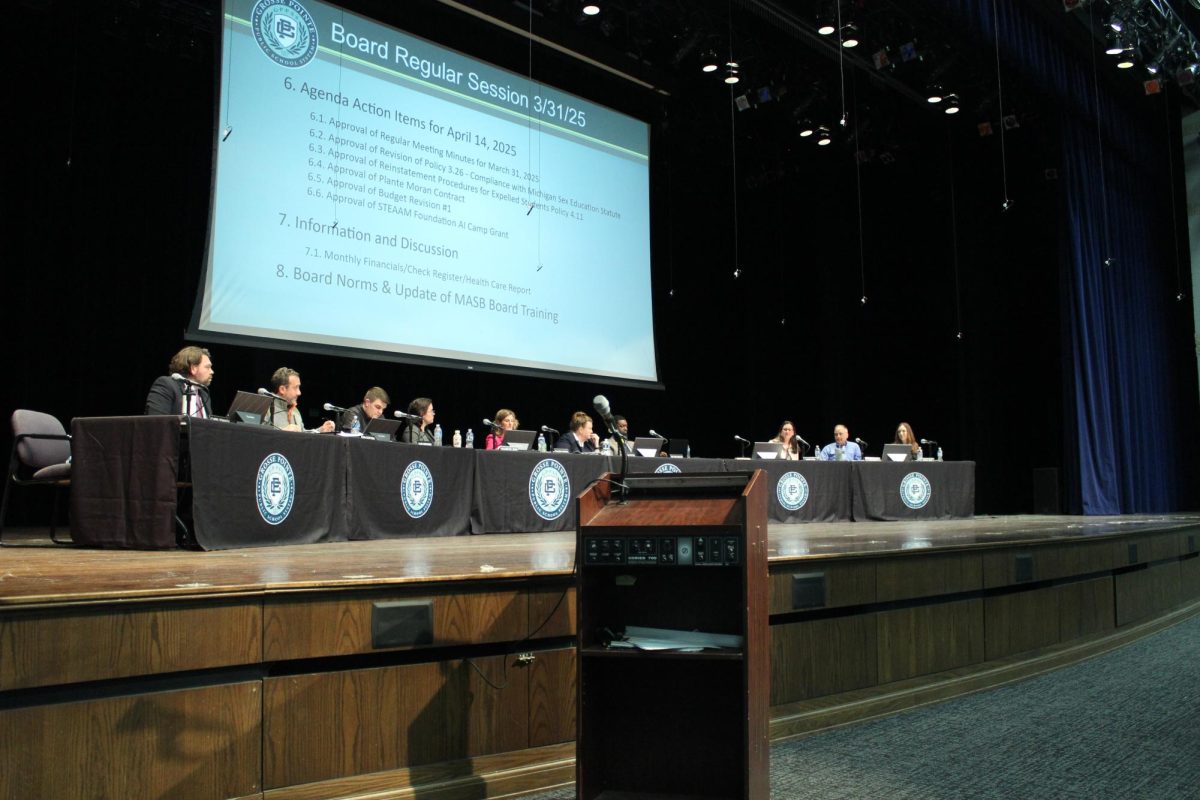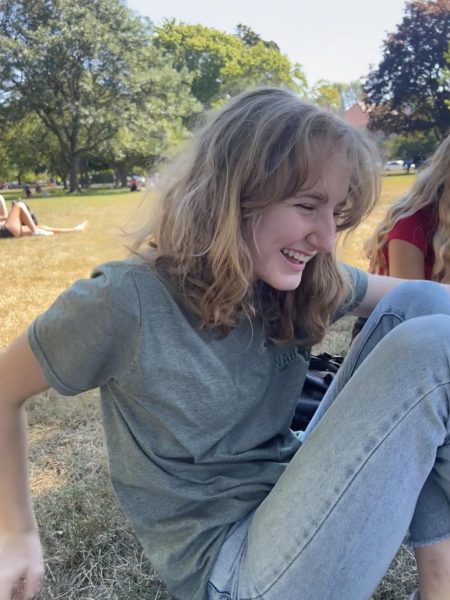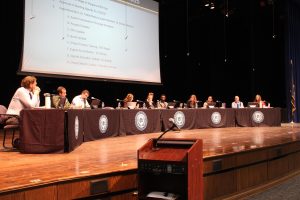Microgreens business sprouts success
April 18, 2022
South’s Special Education department is underway in the process of growing microgreens that are going to be sold to nearby businesses.
According to Special Education teacher Jill Harrison, this operation is running for the first time in order to teach students about the procedures that go into growing microgreens from seeds and encourage new skills.
“We waited to start the process until after Christmas after running into scheduling delays with the pandemic,” Harrison said. “We were lucky enough to find space in the old greenhouse where we could plant the microgreens after they’d sprouted from seeds.”
Harrison added that it is important for students in the Special Education program to explore possible career paths, and growing microgreens is an excellent way for them to gain skills and insight into what kind of career they want to pursue.
“We were able to cite the project as a goal in the pre-vocation section of the students’ IEPs (Individualized Education Programs),” Harrison said. “Projects like this one can spark interest in students and could turn into a career down the road.”
Students’ reception to the project so far has been overwhelmingly positive, and according to Sean Costello ’22, he and other students have been inspired by the process and have plans to continue gardening even after the project is done.
“I havent really done any gardening in the past, but it’s something I’ve really been enjoying.” Costello said. “Now I would like to help others who need any gardening.”
According to Michael Banascewski ’24 not only are microgreens a great way to learn skills and find new interests, but they are also delicious with plenty of health benefits.
“After the project is done I want to keep growing microgreens and maybe other vegetables,” Banascewski said. “Microgreens can be made into many dishes and they are very healthy to eat.”
Although the project is still in its infancy, the Special Education department has seen success in selling their microgreens to businesses such as Fresh Farms Market and J-House. Harrison sees this as a unique opportunity for students to access new experiences and interact with different areas of the community.
“Community experience is important,” Harrison said. “Being able to sell (microgreens) to businesses across the street gives students insight into monetary exchanges and finances in addition to the gardening exposure they’ll already get.”















































































